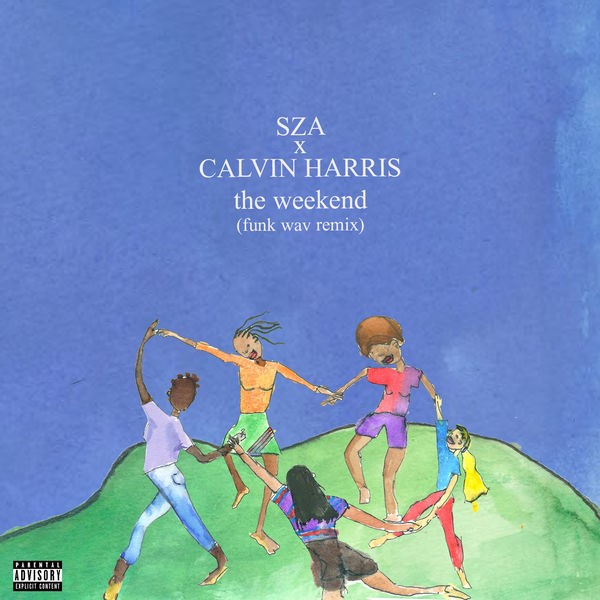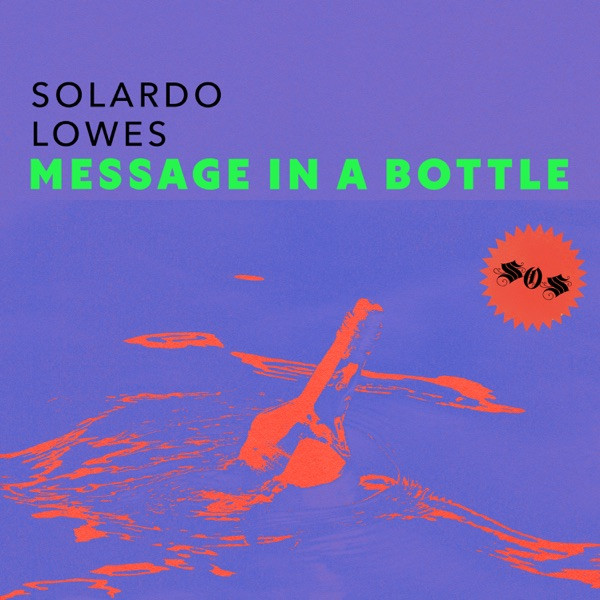
A deep dive into the copyright controversy behind one of pop’s most viral hits
When you hear “Beyoncé,” you think powerful performances and chart-shattering hits. But right now, she’s at the center of a legal storm—not for her vocals, but for a tiny sample at the start of “Alien Superstar.” That one sound clip is shaking up conversations about music rights and the world of sampling.
Here’s what’s going on: the opening electronic riff that gives the track its signature edge comes from Moonraker, a house piece from 1998. Shuji Hirose, who owns Soundmen on Wax Records, claims he bought exclusive rights to Moonraker decades ago. However, Beyoncé’s team got permission from the original creator, John Holiday (aka Foremost Poets or Johnny Dangerous)—whom Hirose says never had authorization to license the sound.
Hirose is pressing charges, demanding compensation for every euro earned by Beyoncé and her label, arguing that no permission ever came from him. In other words, the big issue isn’t Beyoncé’s use of the sample per se—but from who she got the license.
This case highlights how messy music rights can be, especially when you mix decades-old samples with global pop hits. Sampling is a creative staple for modern pop—but figuring out who actually owns what has become a legal minefield.
This isn’t Beyoncé’s first brush with sample controversy. Her Renaissance album featured numerous throwback tracks, some cleared successfully, others questioned. Artists like Robin S. benefited from royalties, while others like Kelis voiced public disagreement with how their work was handled.
Here, the focus remains entirely on that brief intro. Hirose insists he paid just $1,500 back in 1998 for exclusive rights—and that Holiday no longer had the legal standing to re-license the vocals. Now, the courts must decide: was that agreement valid, or does Beyoncé face infringement claims?
Though no misconduct is yet proven, the story adds fuel to a broader debate over copyright in pop music. One of today’s biggest hits is now a case study in how sampling laws intersect with creativity, legacy rights, and modern streaming success.
Through it all, Beyoncé’s star power remains intact. “Alien Superstar” continues to blast through airwaves and playlists worldwide, proving that brilliant production can survive legal scrutiny—although the behind-the-scenes drama may reshape how future artists approach sample clearance.
For fellow musicians, the takeaway is clear: if you’re building a hit on iconic sounds, dig deep into ownership. For fans, it’s a reality check: behind every viral drop lies a potential legal drama.
The case is still unfolding—likely heading toward an out-of-court settlement. But regardless of the outcome, it’s a reminder that pop music is a complex landscape where old meets new—and rights matter just as much as rhythm.
“Alien Superstar” isn’t just super for its beat—it’s super because of the history it carries.







